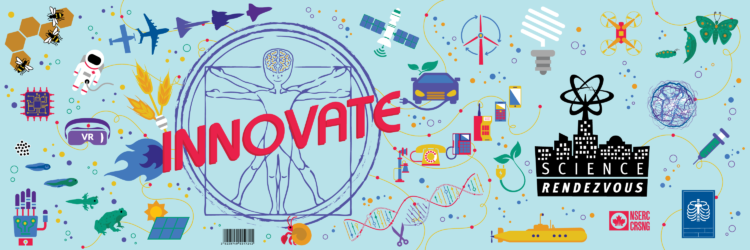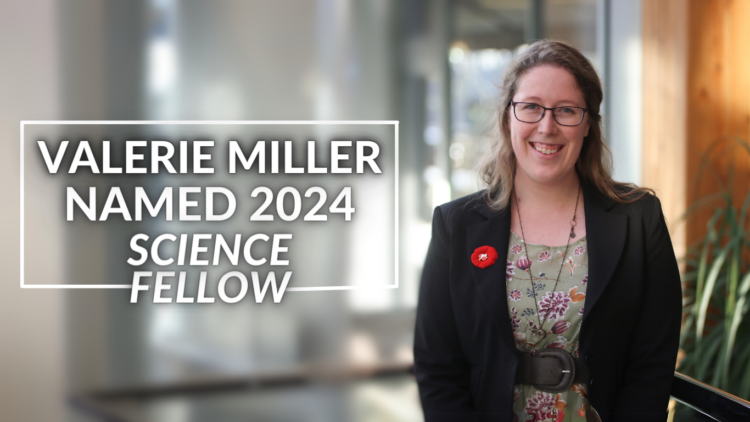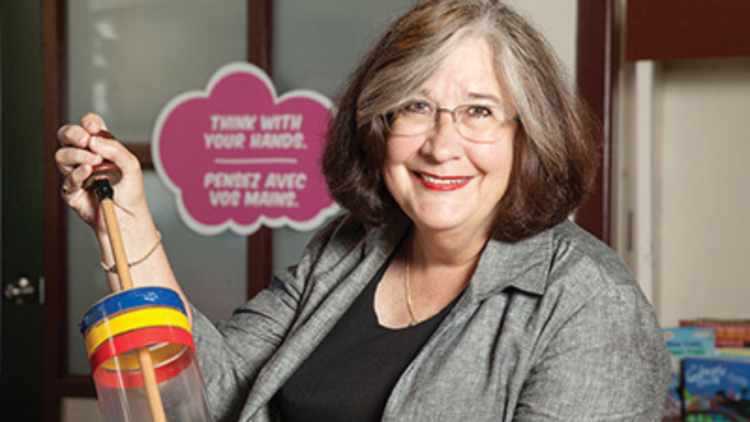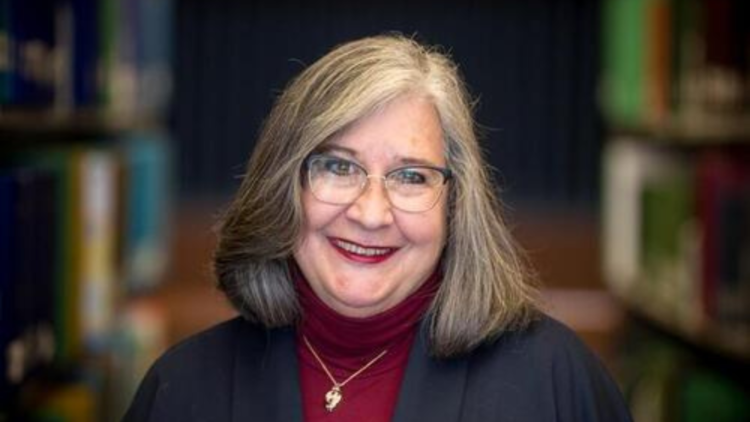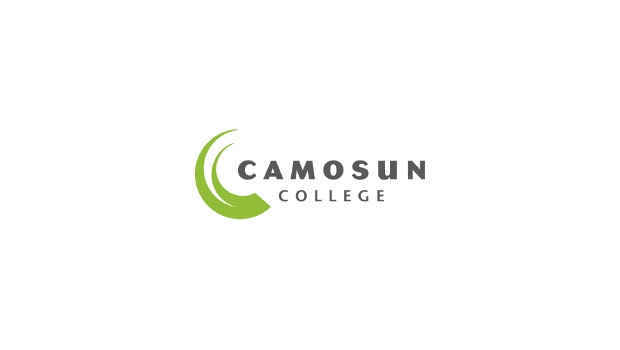What would have taken at least six to 12 months to set up was done in just days. With a Zoom call of a dozen Canadian hematologists and scientists on March 29, a plan came together for one of the world’s largest clinical trials of a potential treatment. After discovering that a similar trial was being developed in Quebec, the two teams merged to become nation-wide.
Critical to the trial are Canadians who have recovered from COVID-19. Similar to a treatment used during the 1918 flu pandemic, the trial will give convalescent plasma, the blood plasma of recovered Canadians, to hospitalized patients. Plasma is the light-coloured portion of the blood full of antibodies.
“Antibodies are kind of like little forks that stick into the virus and assist your immune system,” says Dr. Jeannie Callum from the University of Toronto, “It’s like your immune system is at war and you provided more tanks to fight the enemy.” Antibodies are a type of proteins that help defend the body from pathogens, which are any microorganisms that cause disease. Produced by plasma cells, antibodies are highly specific to certain pathogens the body encounters and can remain in the body for years. When the immune system sees the virus attached to the antibody, it tells immune cells to attack the virus.
Those who have recovered from COVID-19 have thus produced antibodies that specifically respond to the SARS-CoV-2 virus that causes COVID-19. These antibodies given to current COVID-19 patients could potentially help provide them with passive immunity or an “immune boost.”
Leading this trial is Callum, Dr. Donald Arnold of McMaster University and Dr. Philippe Bégin of the University of Montreal, in collaboration with the Canadian Transfusion Research Network, the McMaster Centre for Transfusion Research, Canadian Blood Services, Héma-Québec and other Canadian academic partners.
The team will study how it decreases the number of deaths and track other indicators, including the length of stay in the hospital and ICU, admissions to the ICU, the need for mechanical ventilation, and side effects.
There has already been a heartwarming response to the trial, with a growing community of Canadians including entire families, and groups of friends who were infected on the same vacation, calling and asking where they can donate. Karen Shoemaker told Global News, “If we’ve got some antibodies that can somehow be checked to see if they can prevent other people from getting it or even help people who currently have it, why wouldn’t you share?” Having already donated his blood to help scientists at St. Michael’s Hospital, Andre Valleteau told CBC News, “For me, it was really just that I wanted to be able to do something. …I think a lot of people feel quite helpless in this situation. And so this was an opportunity to do more than what I was before.”
Now, nearly every hospital in the country treating COVID-19 patients is participating in this trial, and Canadians who have recovered from COVID-19 can sign up to donate their blood. As 28 days after onset of the disease is the optimal time for retrieving antibodies, people who were infected in early to mid-March are now potentially eligible to donate plasma. Canadian Blood Services expect to begin booking donor appointments by the end of this month and Callum says the team hopes to have their first donor in front of them within a week.
There has been some evidence that plasma therapy could be effective, but the evidence is not yet strong enough. Arnold admits, “The data that we’ve got to go on is really, really soft right now. It’s very hard to say if this actually works. There’s good biological rationale to think that it might but we just don’t know.” Bégin agrees that researchers are running “a little blind.” There aren’t a lot of studies that indicate what kind of antibody and how much plasma is needed, so the best way to get the answers is to collect as much data as quickly as possible, says Bégin.
This study is part of a global effort of parallel studies conducted in several countries including the UK, France and South Korea. In three to 10 months, the results of the Canadian study can be shared, and once all the global trials are completed, compared with other countries. “So that a hundred years from now, when we have the next pandemic, we’re, faster, smarter, better,” says Callum.
And the most incredible thing? Arnold says it’s “how people have come together in such a short period of time with everyone ready to sign on and help in various ways.”

